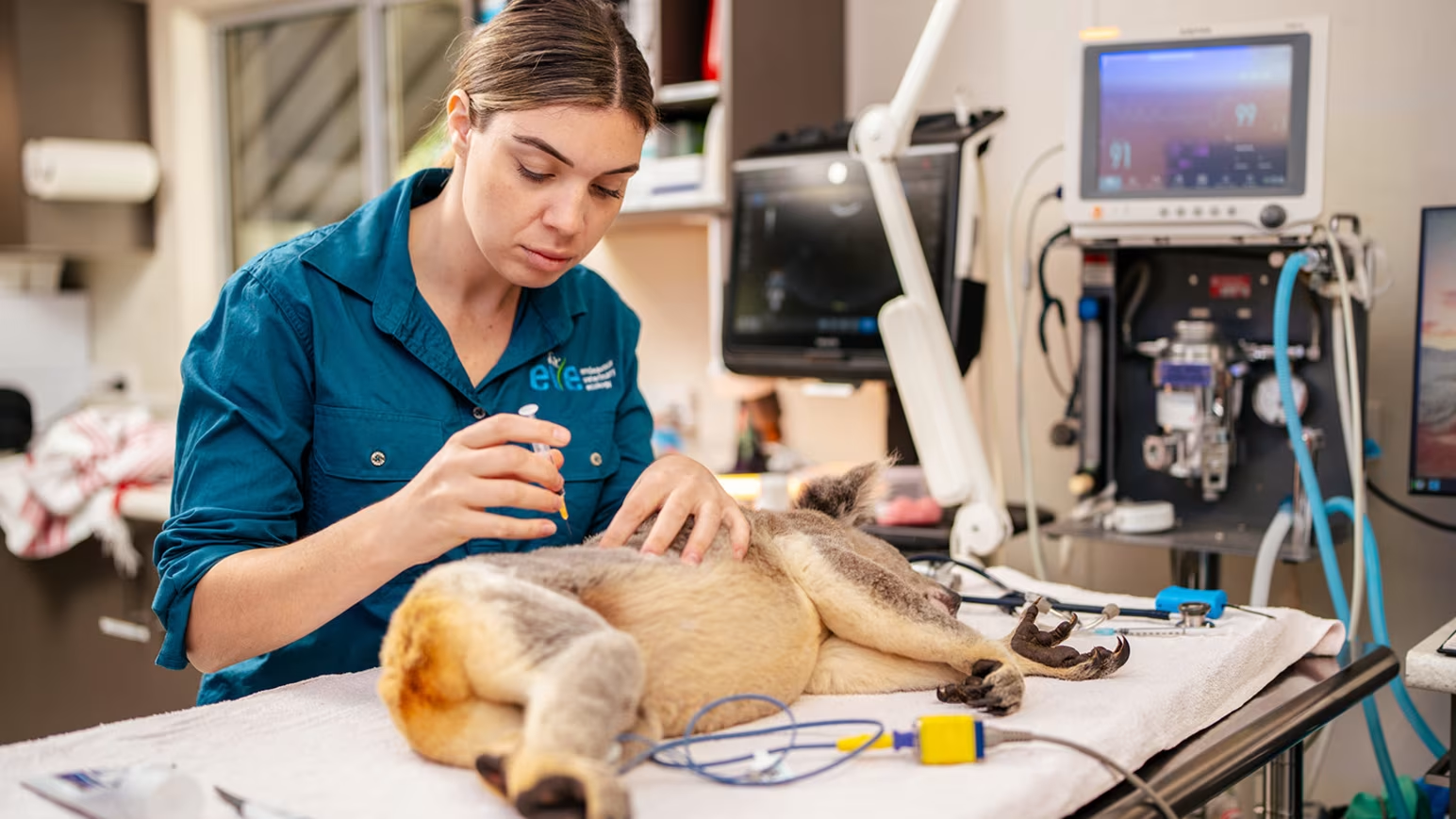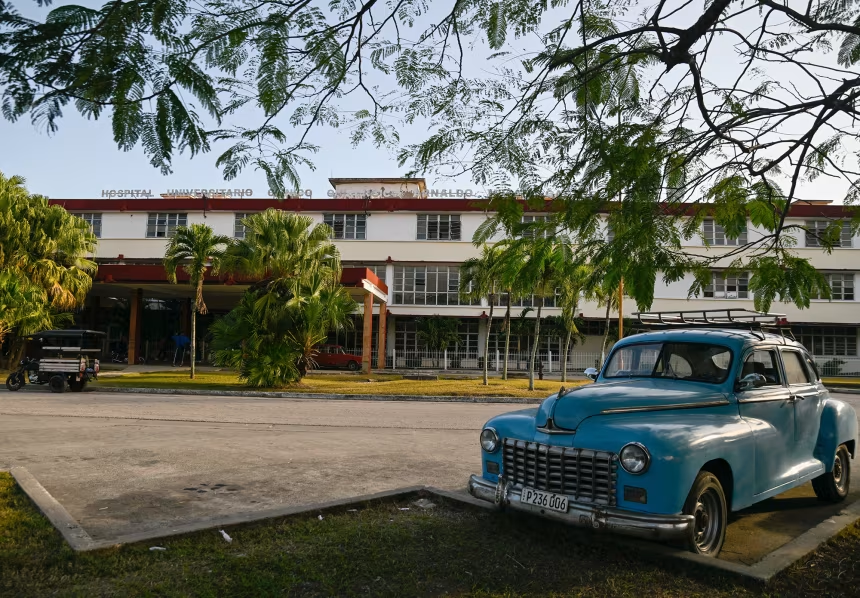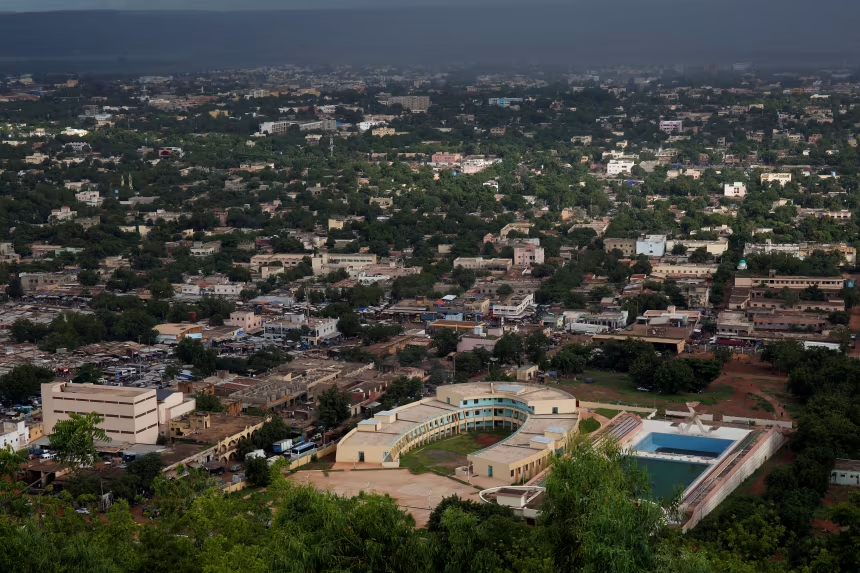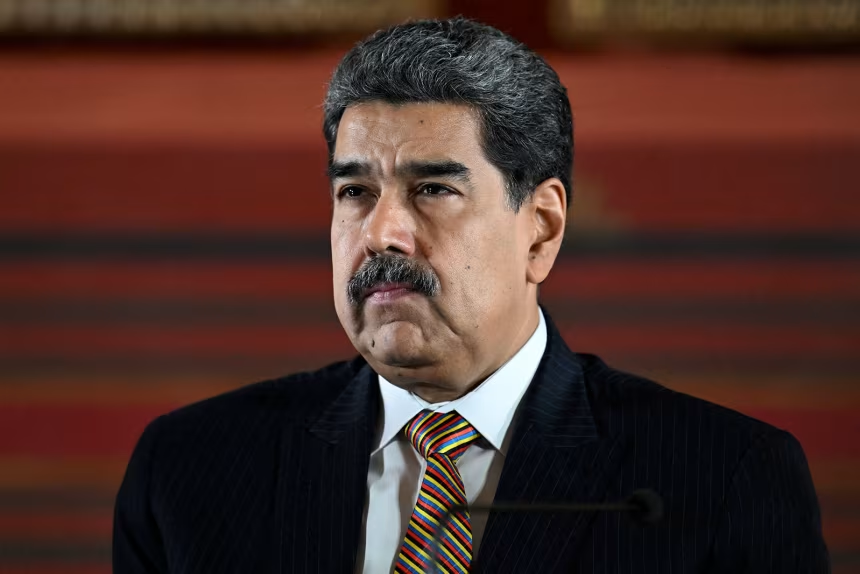Now Reading: Australia launches world-first koala vaccine to fight deadly chlamydia outbreak
-
01
Australia launches world-first koala vaccine to fight deadly chlamydia outbreak
Australia launches world-first koala vaccine to fight deadly chlamydia outbreak

By Amy Woodyatt | Sydney, Australia
Australia has approved the world’s first vaccine to protect koalas from the devastating effects of chlamydia — a disease that has wiped out nearly half of the country’s wild populations and pushed the iconic marsupial closer to extinction.
Developed over more than a decade by researchers at the University of the Sunshine Coast (UniSC), the single-dose vaccine has now been cleared for production and national rollout by the Australian Pesticides and Veterinary Medicines Authority.
The breakthrough marks a historic moment for wildlife conservation, offering new hope for one of the world’s most beloved but increasingly endangered species.
A deadly epidemic threatening an Australian icon
Chlamydia, caused by the bacterium Chlamydia pecorum, has plagued Australia’s koala populations for years, leading to urinary tract infections, blindness, infertility, and death. Scientists estimate that the disease is responsible for around half of all koala deaths in the wild.
“Some colonies are edging closer to local extinction every day,” said Professor Peter Timms, a microbiologist at UniSC’s Centre for Bioinnovation. “Infection rates often hover around 50%, and in some areas, can reach up to 70%.”
Koalas, found only in Australia, are listed as endangered in Queensland, New South Wales, and the Australian Capital Territory. Beyond disease, they face threats from habitat loss, car strikes, dog attacks, and deadly bushfires, which have intensified with climate change.
A breakthrough years in the making
Led by researcher Sam Phillips, UniSC scientists tested the vaccine on hundreds of wild and captive koalas over multiple generations. Their findings showed that vaccination reduced the risk of infection, slowed disease progression, and even reversed symptoms in some cases.
The study, published last year, revealed that the vaccine cut mortality from chlamydia in wild populations by at least 65% — a remarkable success for conservation efforts.
Unlike antibiotics, which can disrupt the koalas’ gut bacteria and cause starvation by preventing them from digesting eucalyptus leaves, the new vaccine provides long-term immunity without harmful side effects.
“It offers three levels of protection — reducing infection, preventing the disease from developing, and sometimes reversing it altogether,” said Phillips.
A lifeline for an endangered species
Conservationists are calling the approval a major step toward saving koalas from extinction. The vaccine rollout is expected to begin in the most affected regions of South East Queensland and northern New South Wales, where populations are under severe pressure.
The World Wildlife Fund (WWF), which declared koalas critically endangered in 2022, praised the scientific achievement as a vital step in protecting one of the planet’s most iconic animals.
For Australia’s national symbol — often seen as a symbol of resilience and hope — this vaccine could be the lifeline it desperately needs.




